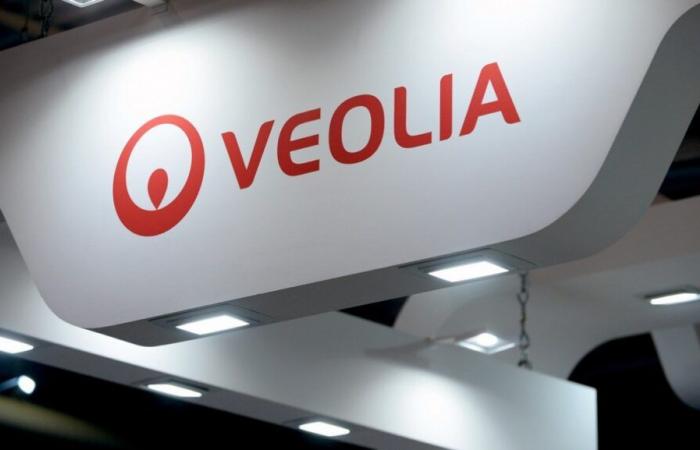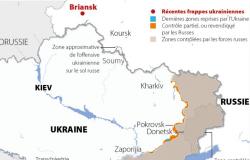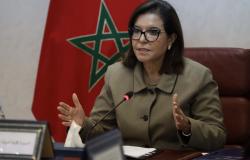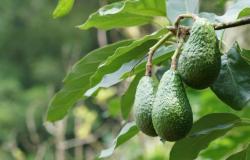Morocco and the French water management giant signed an agreement on October 30 which promises, in the long term, to cover a large part of the needs of the population and those of the agricultural world in alternative water.
It was last July that the French group Veoliain a press release, announced that it had reached an agreement with the Moroccan authorities for the sale to the Société régional multiservices Casablanca-Settat of its entire stake in Lydec. “At the end of this operation, Veolia will remain a major partner of the Kingdom of Morocco,” explained the press release. A few months later, with the group’s recent news, this statement takes on its full meaning. Indeed, the French water specialist has just signed a memorandum of understanding with Morocco with a view to developing a seawater desalination project, presented by the group as the largest in Africa and the second largest. big in the world. This operation “closes the Lydec chapter for good”, one of our sources tells us.
Read also | Veolia reveals more details on the future gigantic desalination station in Rabat
In figures, the water needs of nearly 9.3 million inhabitants will be covered by the plant which could see the light of day under this agreement, signed on the occasion of President Emmanuel’s visit to Rabat. Macron, according to Veolia. Furthermore, the factory thus built would make it possible to supply the regions of Rabat-Salé-Kénitra and Fès-Meknes, “particularly affected by drought”, underlines Veolia in an official communication on the subject. Located near Rabat, on the Atlantic coast, the project, which will be structured as a public-private partnership, will include the construction, financing and operation of the factory by the French group for 35 years. The plant is expected to produce 822,000 m³ of drinking water per day, or 300 million m³ per year.
The most competitive water price
“The most competitive water price over the entire life cycle of the installation,” promises the group. “We are fully aware of the urgency of the situation and proud to contribute to this major project, which will strengthen the country’s water resilience,” declared Estelle Brachlianoff, general director of Veolia, quoted in the press release. This project takes place in a context where the problem of water shortage weighs on certain regions of the world, notably Morocco, and threatens the key sector of agriculture (11 to 14% of GDP and more than a third of the labor force). With the scarcity of water resources in many large cities, the only solution to avoid transporting water from natural sources over long distances is to resort to the desalination of sea water. Currently, desalination constitutes the only cost-effective way to obtain water outside of conventional sources, and it is the only technique that can be applied on an industrial scale.
Read also | Lydec sold by Veolia: The amount of the transaction is around 1.7 billion DH
“Faced with the problem of water stress, the use of unconventional resources is essential. Desalination is an alternative in this context of scarcity of water resources,” says Abdelkader Benomar, water expert. Taken together, desalination plants should provide “more than 1.7 billion m³ per year” and cover “more than half” of the country’s drinking water needs by 2030, HM King Mohammed recently affirmed. VI.
Emirates: Veolia wins $320 million project
In Morocco, even if the group did not communicate on the amount of the investment, last May, in the United Arab Emirates, the water and waste giant announced an investment of 300 million euros for a factory with equivalent production capacity. Commissioned by the Dubai Electricity and Water Authority (DEWA) and ACWA Power, this plant, according to the group, will be the second largest desalination plant based on reverse osmosis (RO) technology in the world. With a capacity of 818,000 m³ per day, this reverse osmosis desalination plant will provide drinking water to 2 million people.






